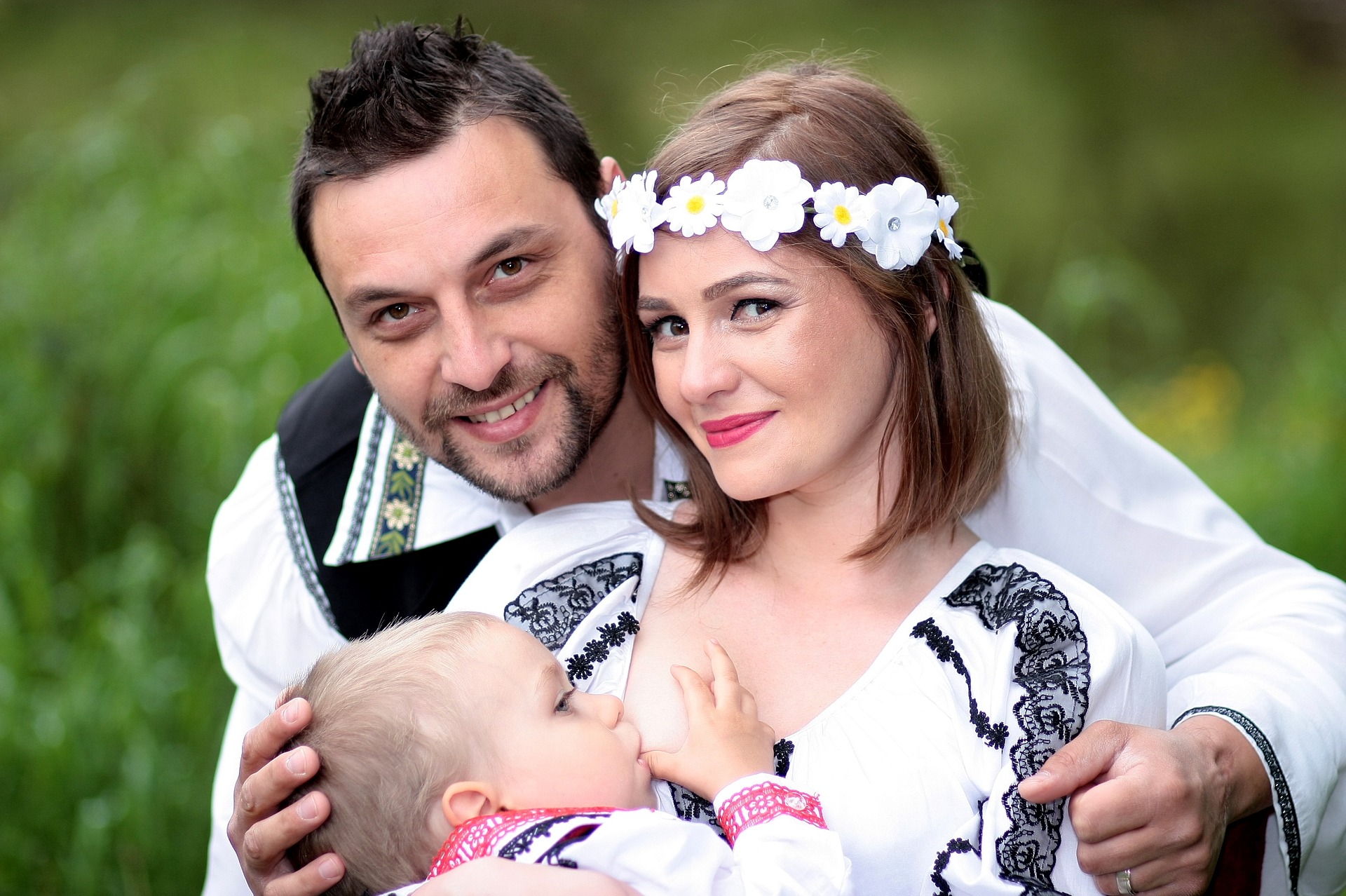Researchers from the University of Queensland in Australia have dubbed the push for “breast is best” as “out of touch” – with only a third of mums exclusively breastfeeding to six months.
And they say the intense pressure to breastfeed and problems mums can experience feeding babies can often lead to postnatal depression.
The Aussie researchers issued their warning after finding only 34 per cent of mothers exclusively breastfeed to six months, despite the global push to increase rates to 50 per cent.
Lead researcher Dr Katrina Moss said mothers primarily stopped breastfeeding because of milk shortages or breastfeeding difficulties, such as latching and mastitis – inflammation of breast tissue that can lead to infection.
Dr Moss said: “Mothers can feel intense pressure to breastfeed, but breastfeeding isn’t best for everyone.”
Mothers can feel intense pressure to breastfeed, but breastfeeding isn’t best for everyone, says Dr Katrina Moss.
“If mothers run into breastfeeding problems they may need to supplement or stop.”
Dr Moss said compassion must play a bigger role in the breastfeeding debate as 20 per cent of mothers suffer perinatal anxiety and depression.
“Feeding difficulties can increase the risk of perinatal anxiety and depression, which is experienced by up to 20 per cent of mothers,” she said.
Using data from nearly 2,900 women with more than 5,300 children in the Australian Longitudinal Study on Women’s Health, the researchers also found 41 per cent of mothers supplemented breastfeeding with solid food or formula.
Dr Moss suggested mothers receive evidence-based information about natural fluctuations in breastmilk production, how to safely formula feed, and how to recognise cues that their baby is ready for solids.
She added: “Feeding messages have been polarised between breastfeeding and formula, but in reality, it’s not that simple; we found six different feeding practices.
“The majority of mothers don’t exclusively breastfeed, usually for very good reasons, and the support they receive needs to reflect this.”
“This study highlights the need for personalised support specific to each mother’s situation.”
The study was published in the Journal of Human Lactation.
According to an international study published in early 2016, the UK has one of the lowest breastfeeding rates in the world.
Child health experts say women can experience problems getting breastfeeding started and they may not always receive enough practical advice and support.
However, experts agree that there are positive health benefits for both the child and the mother.
Breastfeeding is known to provide protection against infections, diarrhoea and vomiting in babies and it is thought to reduce the risk of obesity and other diseases in later life.
For mum, breastfeeding lowers the risk of breast and ovarian cancer.











